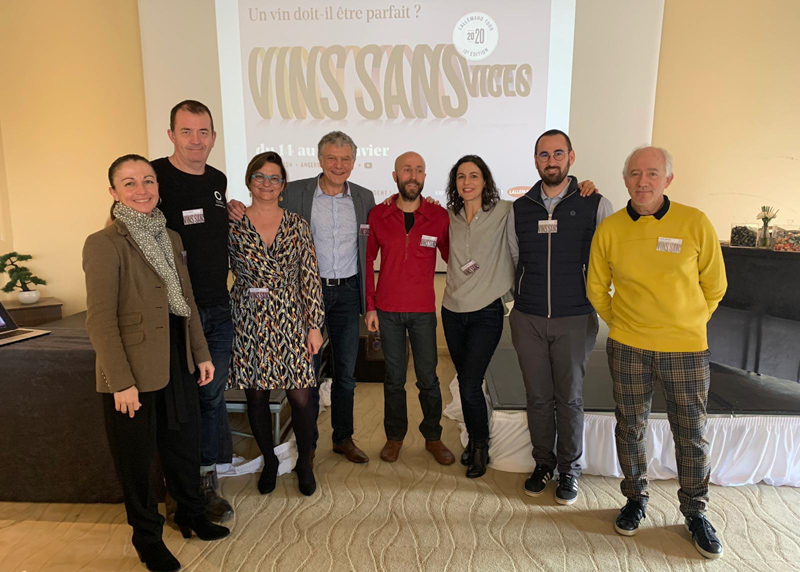Here’s a film where I ramble on interminably about terroir. Well, actually, it’s my seven key points on this most wonderful of concepts in wine. I hope that you find it useful and entertaining.
6 Comments on Video: seven things you should know about terroir in wine6 thoughts on “Video: seven things you should know about terroir in wine”
Leave a Reply
You must be logged in to post a comment.


I’m fully in sync with your view of terroir. Your insistence on the human aspect as an inseparable element in terroir is key. A heavy hand, be it in the vines or in the cellar, kills terroir.
Nice video. It’s an clear explanation of a very difficult subject. I totally agree with you about the role of the winemakers in this proces… I wil retweet!
Jamie,
Thanks for sharing your thoughts about the most used term in winetasting. What i would like to know from you; Do you use these 7 things to come to a conclusion a wine has got Terroir or Minerality?? Or don’t you use the term at all during winetasting…
Regards,
Gert
Great parsing of the concept, in a way that elevates the discussion. This is a very important set of points, that together illustrate why we cannot have shortcut use of the term “terroir”, without risk of a subsequent devaluation in the marketplace Nuance, and distinction are the two nebulous characteristics that seem to make my antennae quiver in the presence of the big T.
Thanks, and I’ll send folks in this directtion, if they need a concise explanation. Cheers!
Minerality is something simpler, I suspect it is simply the presence of salt… I would not use the term terroir, but one would be happy to identify a “climat” during a tasting. I’m usually satisfied if I get the appellation right 🙂
The official definition of terroir by the OIV : Vitivinicultural “terroir” is a concept which refers to an area in which collective knowledge of the interactions between the identifiable physical and biological environment and applied vitivinicultural practices develops, providing distinctive characteristics for the products originating from this area.
While I agree with your point that the human element is important, I think it goes beyond the individual winemaker’s choices. As the above definition hints at, it is primarily a social concept, which goes back to common practice and what you call “typicity”.
In the new world, individuals may make non-interventionist wines which express their individual situation, but it is the overall typicity that is required to really define a terroir (as opposed to a particular micro-climate).
There definitely are recognizable terroir wines abroad, such as Napa Cab or NZ Sauvignon for example, and although I love the romance in thinking that terroir is something that one chooses to express or not, what it comes down to is what others are doing in your area. “produits du terroir” in french can be pretty much be translated as “local products”, whether its cheese, sausages or foie gras. Many of these have more to do with customs and traditional production methods than nature.
Terroir, always a fascinating topic!
Cheers!
-Didier